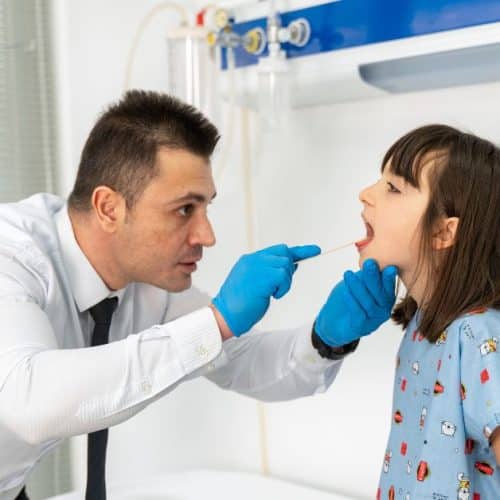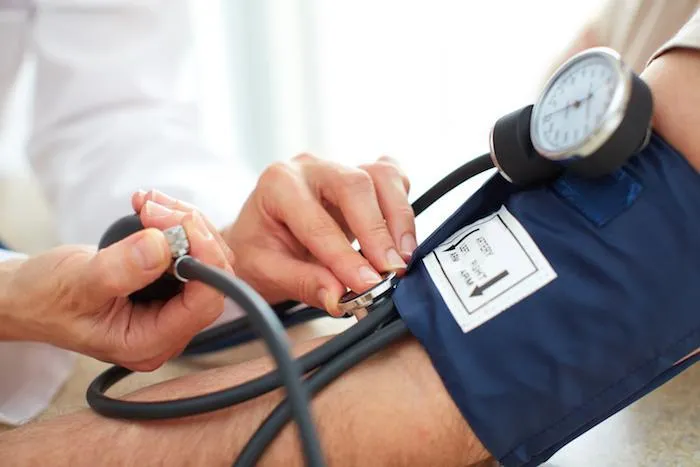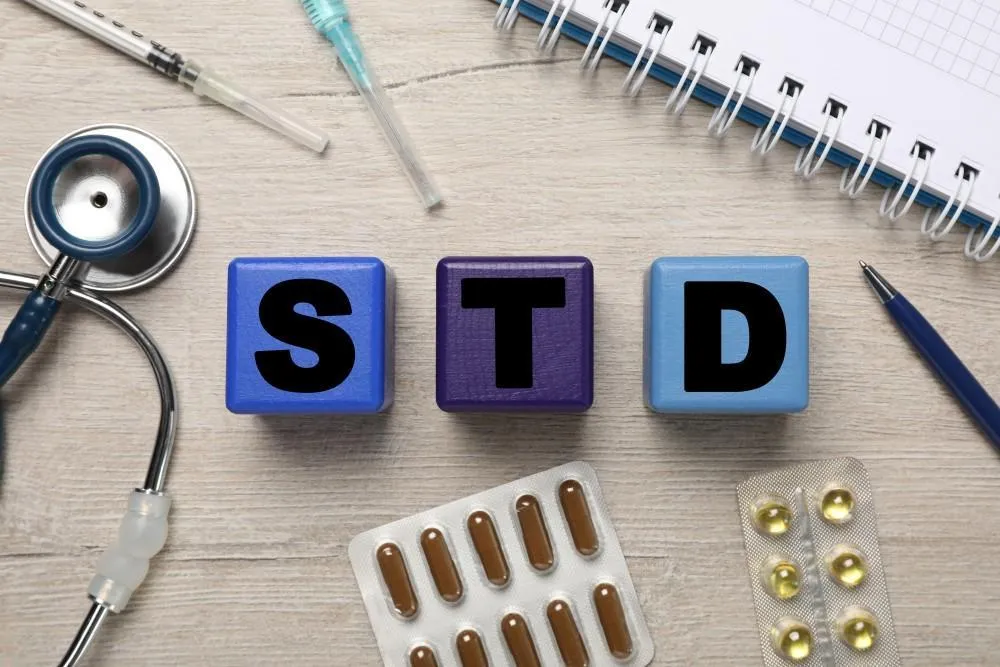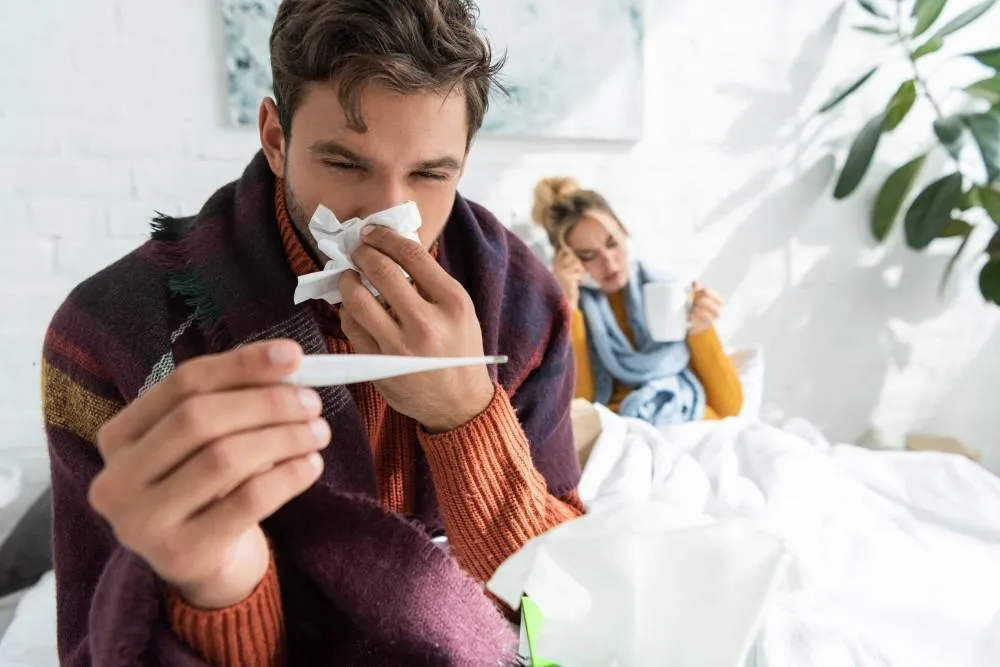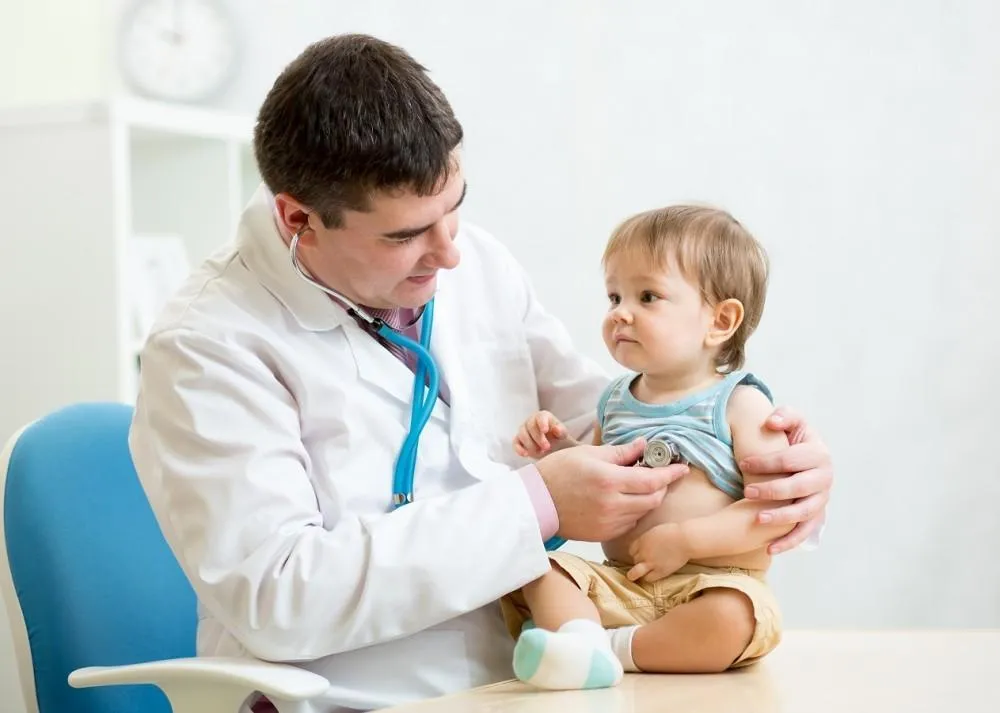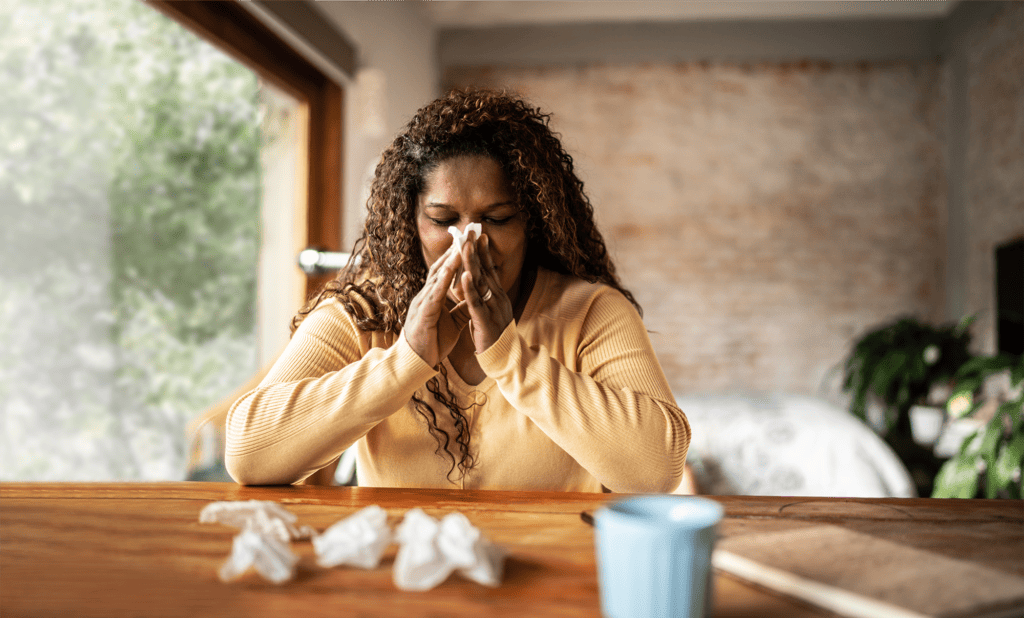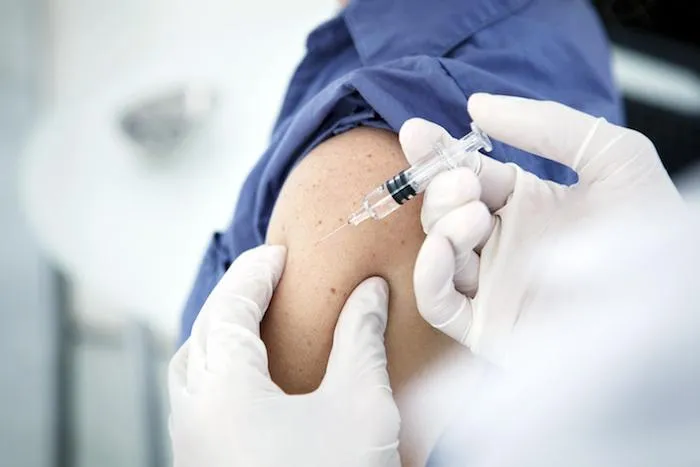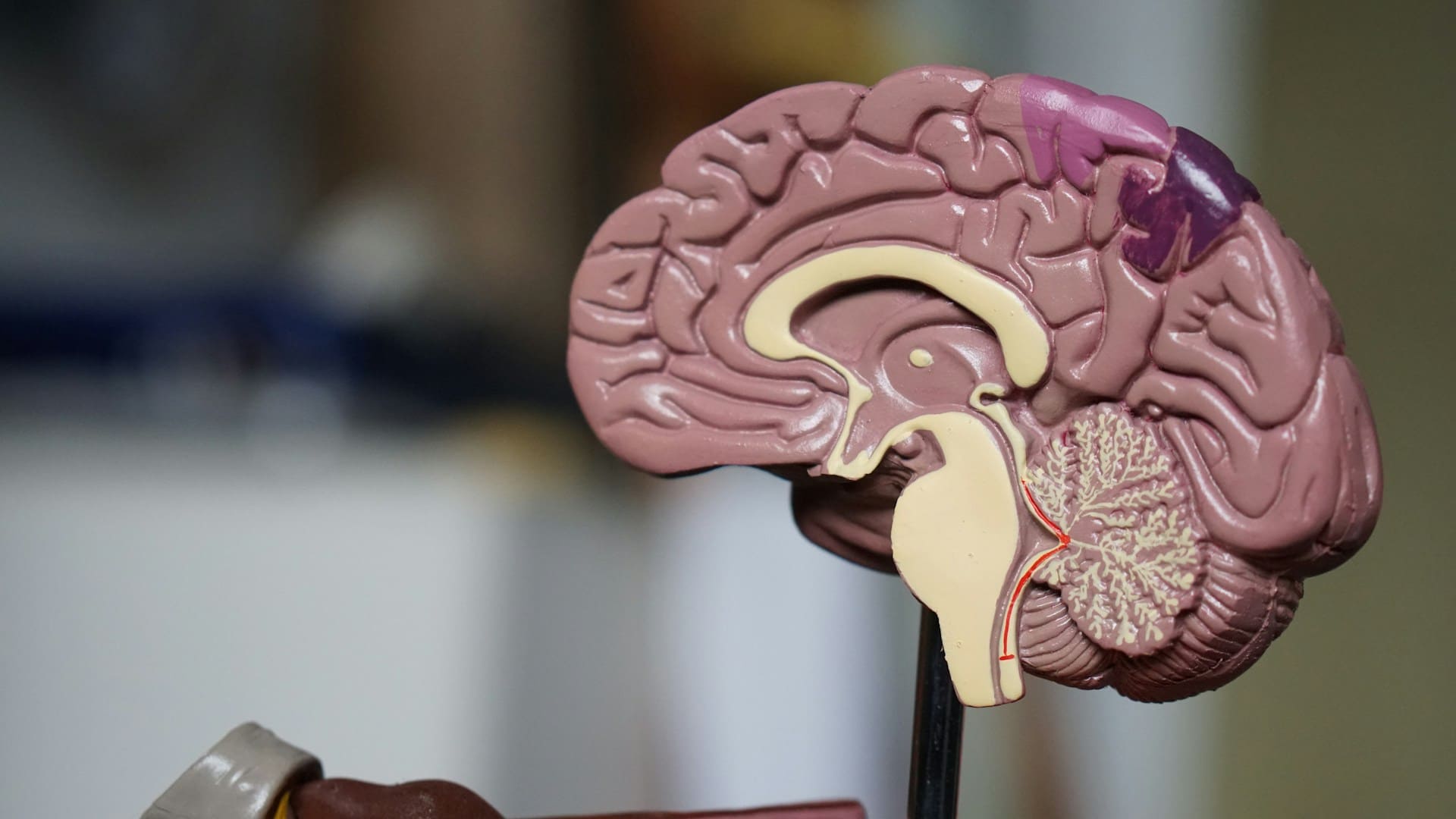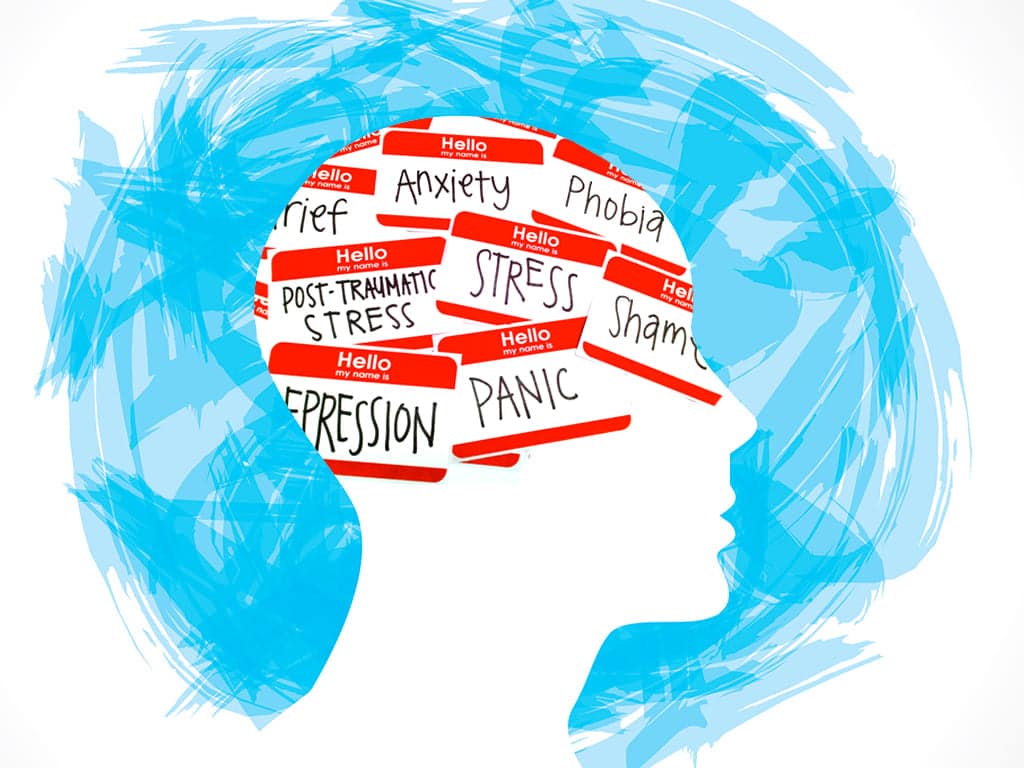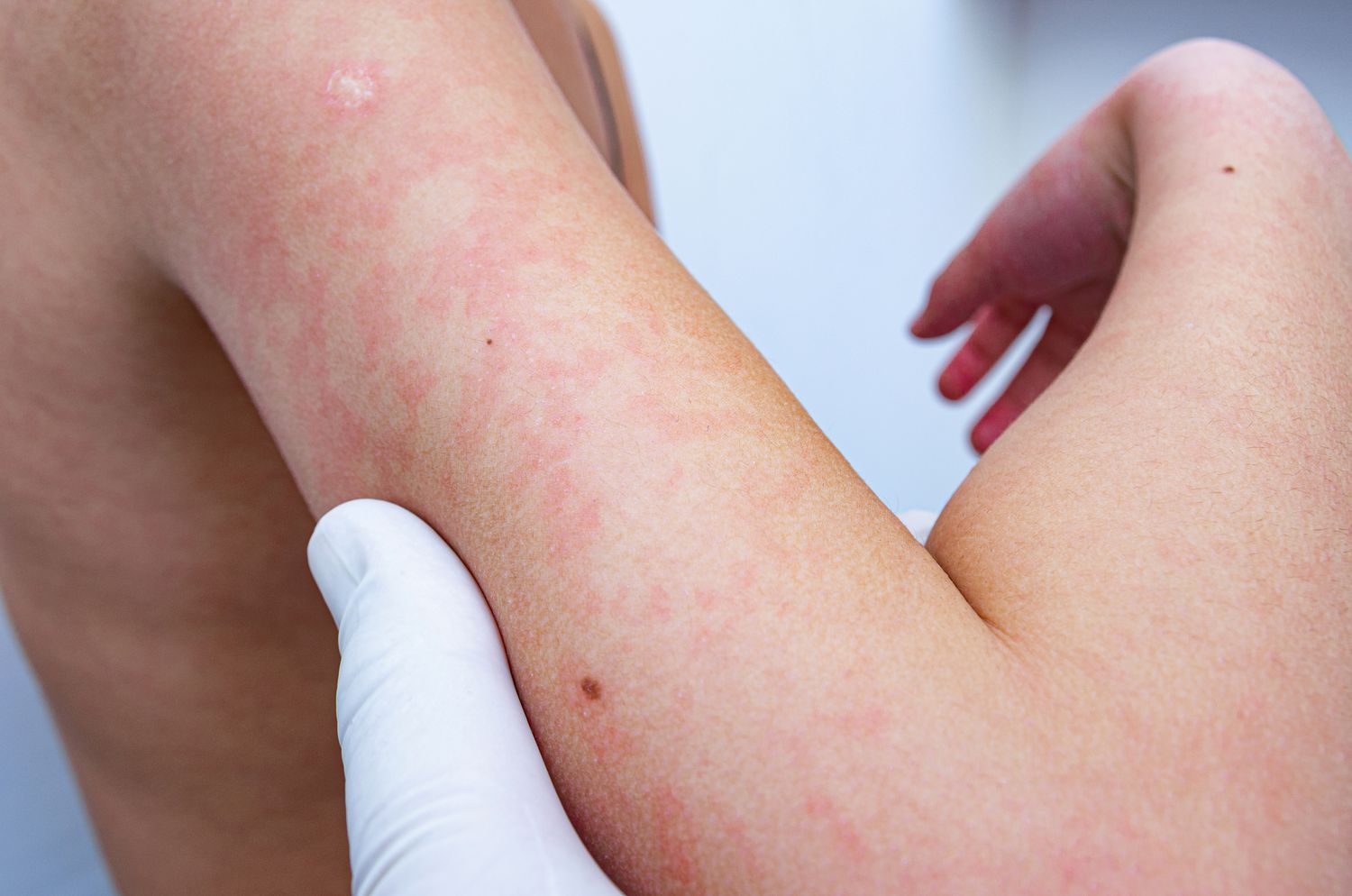What is RSV (Respiratory Syncytial Virus)
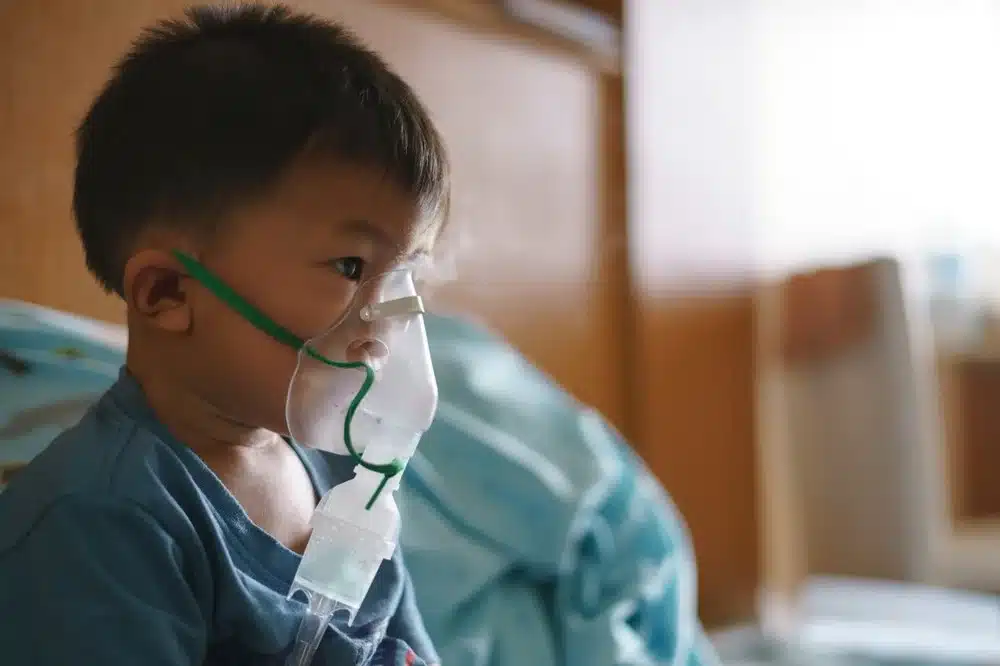
What is RSV? It is the most common cause of lower respiratory tract disease in infants and causes >50,000 hospitalizations of children under 5 years of age in the United States each year.
RSV is found everywhere; almost all children are infected by age 4. The incidence rate usually increases in winter or early spring. Because the immune response to this virus does not protect against reinfection, the incidence rate is approximately 40% for all exposed individuals. However, antibodies to respiratory syncytial virus reduce the severity of illness.
RSV most commonly affects young children, in whom the infection causes inflammation of the lower respiratory tract—bronchiolitis. However, it is not advisable to take this virus lightly, as it is quite unpredictable and can lead to serious complications. In adults, the disease mainly occurs with upper respiratory tract involvement.
Causes of RSV
RSV is transmitted by a sick person or a carrier. The virus is mainly spread by airborne droplet transmission, less frequently by airborne dust or household contact. The greatest susceptibility to respiratory syncytial infection is noted among premature infants, children aged 4-5 months to 3 years.
What is RSV virus? How long is RSV contagious? The causative agents of RSV are RNA-containing viruses. They are unstable in the environment: at 37ºC, they are inactivated within 7 hours, and at 55ºC, they die instantly. However, they will tolerate low temperatures, and in mucus droplets, they persist from 20 minutes to 6 hours. RSV is characterized by rapid spread in collectives and high contagiousness (infectiousness). The virus enters the body through the pharynx and nasopharynx. Then, it multiplies in the mucous membrane and spreads to the lower respiratory tract. In the focus of the lesion, inflammation appears. Infected people can transmit the virus as early as the day after infection, even before the first symptoms appear.
It’s important to note that RSV is a common virus, and most people recover from it without complications. However, if you or your child is experiencing severe RSV symptoms, it’s essential to seek medical attention.
Symptoms of RSV
RSV infection can progress with different severity. RSV symptoms in adults may be consistent with a mild upper respiratory tract infection. However, the disease may be so severe that hospitalization is required. Fatalities are possible in rare cases.
In children, most often everything starts with a runny nose and loss of appetite. In addition, the throat may become inflamed. Then, there is coughing and sneezing, and body temperature often rises. During the disease, lower respiratory tract infections with a wet cough. These include inflammation of the small bronchi of the lower respiratory tract (bronchiolitis), as well as inflammation of the lungs. Inflammation and mucus production can lead to the narrowing of the airways with difficult and very rapid breathing, as well as shortness of breath. In newborns, breathing delays (apnea) may occur. Reduced oxygen content in the blood becomes visible through the bluish coloring of the skin. In severe cases, artificial ventilation may be required. That’s why it’s important to schedule regular visits with your primary care physician.
First of all, symptoms of RSV in adults can go unnoticed. However, adults can also have common RSV symptoms. Adults with chronic heart and lung disease, a weakened immune system or aged 65 years and older may have pneumonia.
Diagnosis of RSV
How is RSV diagnosed? Clinical diagnosis of RSV is difficult because of its similarity to other acute respiratory diseases. The predominance of bronchitis symptoms is taken into account in adults. Young children are characterized by the rapid development of signs of bronchiolitis and pneumonia. The serological method is ubiquitously used for in vitro diagnostics, which can be used to examine antibody levels. RSV is often diagnosed based on a combination of symptoms of RSV in adults and medical history. However, in some cases, a healthcare provider may order additional tests to confirm the diagnosis. These tests may include:
- Nasal swab: A healthcare provider may collect a sample of mucus from your nose to test for the RSV virus.
- Chest X-ray: A chest X-ray can help identify if RSV has caused pneumonia or other lung problems.
- Blood tests: Blood tests may be used to check for signs of infection and rule out other conditions.
The hallmark of RSV is a dry, debilitating, attack-like cough lasting up to three weeks. Patients may also have shortness of breath, a feeling of heaviness in the chest, and cyanosis of the lips. In 25% of cases, the disease leads to pneumonia.
Treatment Options for RSV
RSV treatment is usually symptomatic: it aims to relieve symptoms and prevent complications. How long are you contagious with RSV? In most cases, RSV infection in children goes away on its own without any treatment in 1-2 weeks. Antibiotics are useless against viral infections, and the RS virus is no exception. Antibiotics are prescribed for patients with fever, signs of pneumonia on chest X-ray, and clinical suspicion of bacterial co-infection.
The physician may also prescribe:
- antiviral agents;
- cough suppressants, expectorants and anti-inflammatory syrups;
- antihistamines.
If necessary, nasal drops and medications for sore throat are used. With an elevated temperature, it is better to observe bed rest. Severe forms of RSV need hospitalization of the patient. Treatment in a hospital may include:
- Oxygen therapy: Oxygen can help improve breathing.
- Intravenous fluids: Fluids may be administered through a vein to prevent dehydration.
- Albuterol: This medication can help open up the airways.
Preventing RSV
RSV is highly contagious – this means it is very easily passed from person to person. How can I prevent RSV? Some simple preventive measures can help you avoid contracting the disease:
- avoid close contact with anyone you think may be sick.
- make sure your child does not share personal items with other children.
- wash your hands often and make it a habit for your child to do so;
- try to avoid touching the face, eyes, mouth or nose unnecessarily and teach this to your baby.
During flu season, it’s essential to take preventive measures such as getting vaccinated and practicing good hygiene to reduce the risk of infection. RSV is extremely common in young children and is easily passed from child to child. Understanding the difference between COVID and flu is crucial, as both have similar symptoms but require different approaches for testing and treatment.
There is no vaccine against respiratory syncytial virus. All preventive measures are aimed at increasing immunity (healthy diet, promotion of an active lifestyle, hardening, etc.). In certain cases, high-risk infants (such as premature babies or those with chronic lung or heart conditions) may receive a monthly injection of palivizumab, a medication that helps prevent RSV complications. Exposure to tobacco smoke can increase the severity of RSV symptoms in adults, so it’s important to avoid smoking around children.
When to Seek Medical Attention
In many children, RSV only causes mild and normal syndrome complaints, whereas in some cases, it even leads to lung complications, especially in infants. You should understand when visiting a doctor is the best way for your child’s health.
A back-to-school medical check-up is the best way to ensure your child is healthy and up-to-date on vaccinations before the new school year begins.
If you see any of these RSV symptoms, let them be seen by a doctor without delay: Difficulty breathing:
- Bluish color (Cyanosis):
- High fever:
- In infants under 3 months, any fever higher than 100.4°F (38°C) requires immediate attention
- In older children, fever over 102°F (39°C) that persists or is accompanied by other symptoms like lethargy or dehydration
- Severe cough:
- Signs of dehydration:
- Not eating or drinking:
For premature infants or high-risk children:
- If your child was born prematurely, has a chronic lung condition, or a weakened immune system, contact your doctor at the first signs of RSV, as they may be at higher risk for complications.
If your child develops sudden symptoms, you can visit urgent care in Gaithersburg for quick and convenient medical attention. Trust your instincts—if your child seems unusually ill or if RSV symptoms are worsening, don’t hesitate to contact your healthcare provider.
Conclusion
RSV is a common childhood illness, but it can be prevented and treated effectively. By following these tips, you can help protect your child from RSV symptoms and ensure a speedy recovery if they do become infected.
In case you have any doubts about the RSV or your child’s health, it is best to seek medical advice. The early diagnosis and treatment of RSV can prevent complications and complications.



